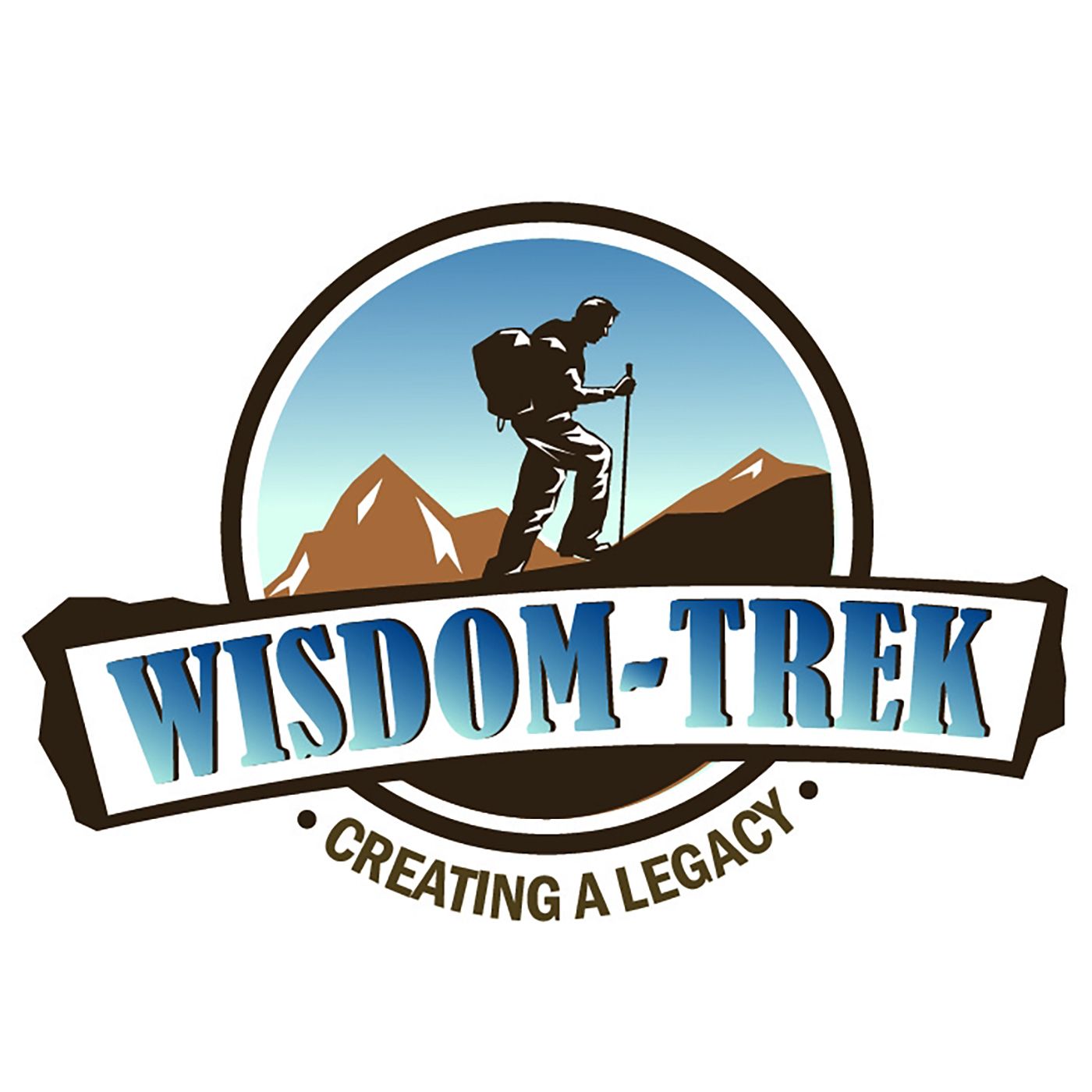- religion
- SEE MORE
- classical
- general
- talk
- News
- Family
- Bürgerfunk
- pop
- Islam
- soul
- jazz
- Comedy
- humor
- wissenschaft
- opera
- baroque
- gesellschaft
- theater
- Local
- alternative
- electro
- rock
- rap
- lifestyle
- Music
- como
- RNE
- ballads
- greek
- Buddhism
- deportes
- christian
- Technology
- piano
- djs
- Dance
- dutch
- flamenco
- social
- hope
- christian rock
- academia
- afrique
- Business
- musique
- ελληνική-μουσική
- World radio
- Zarzuela
- travel
- World
- NFL
- media
- Art
- public
- Sports
- Gospel
- st.
- baptist
- Leisure
- Kids & Family
- musical
- club
- Culture
- Health & Fitness
- True Crime
- Fiction
- children
- Society & Culture
- TV & Film
- gold
- kunst
- música
- gay
- Natural
- a
- francais
- bach
- economics
- kultur
- evangelical
- tech
- Opinion
- Government
- gaming
- College
- technik
- History
- Jesus
- Health
- movies
- radio
- services
- Church
- podcast
- Education
- international
- Transportation
- Other
- kids
- podcasts
- philadelphia
- Noticias
- love
- sport
- Salud
- film
- and
- 4chan
- Disco
- Stories
- fashion
- Arts
- interviews
- hardstyle
- entertainment
- humour
- medieval
- literature
- alma
- Cultura
- video
- TV
- Science
- en
Day 1261 – Mastering the Bible – No Bible Available – Worldview Wednesday

Wisdom-Trek / Creating a Legacy
Welcome to Day 1261 of our Wisdom-Trek, and thank you for joining me.
I am Guthrie Chamberlain, Your Guide to Wisdom
Mastering the Bible - No Bible Available - Worldview Wednesday
Wisdom - the final frontier to true knowledge. Welcome to Wisdom-Trek where our mission is to create a legacy of wisdom, to seek out discernment and insights, and to boldly grow where few have chosen to grow before.
Hello, my friend, I am Guthrie Chamberlain, your captain on our journey to increase wisdom and create a living legacy. Thank you for joining us today as we explore wisdom on our 2nd millennium of podcasts. This is Day 1261 of our trek, and it is Worldview Wednesday. Creating a Biblical worldview is important to have a proper perspective on today’s current events. To establish a Biblical worldview, it is required that you also have a proper understanding of God and His Word.
Our focus for the next several months on Worldview Wednesday is Mastering the Bible through a series of brief insights. These insights are extracted from a book of the same title from one of today’s most prominent Hebrew Scholars, Dr. Micheal S. Heiser. This book is a collection of insights designed to help you understand the Bible better. When we let the Bible be what it is, we can understand it as the original readers did, and as its writers intended. Each week we will explore two insights.
Mastering The Bible – No Bible Available
Insight Fifteen: Most People in the Biblical World Had Never Read the Bible
This might seem like a shocking statement. It’s one of the more dramatic examples of how our lives as Christians are quite unlike the lives of biblical people. But once you give the assertion some thought, it becomes clear that it’s true.
The Bible was written in stages. The Old Testament wasn’t complete until the fifth century BC, roughly a thousand years after the exodus of Israel from Egypt. Even in the best scenario, after completion, there would have only been one Bible for decades. Everything had to be copied by hand.
During the Old Testament period leading up to the exile (sixth century BC), the emphasis in Israel’s faith was the temple, its rituals, and the sacred calendar of holy days. Not only was there no complete Bible, but even the books that existed were the property of the temple and its priests. The average Israelite only read or heard snippets from it, such as the Shetna, Israel’s creed from the Torah, or some of God's commands.
Deuteronomy 6:4-9 says, “Listen, O Israel! The Lord is our God, the Lord alone. And you must love the Lord your God with all your heart, all your soul, and all your strength. And you must commit yourselves wholeheartedly to these commands that I am giving you today. Repeat them again and again to your children. Talk about them when you are at home and when you are on the road, when you are going to bed and when you are getting up. Tie them to your hands and wear them on your forehead as reminders. Write them on the doorposts of your house and on your gates."
There were no synagogues in ancient Israel, either. The synagogue came about during the exile after the temple was destroyed. Israelite priests could not possibly teach everyone house-to-house, as they had other assigned duties and the population was too large. For most of the Old Testament period, people learned biblical content from storytelling (oral traditions) and from their parents, as referred to above.
In New Testament times, things got a little better. Jews had their Bible, the Old Testament, in the form of scrolls. It would have been very rare for someone to have a Torah at home due to the expense and labor of hand-copying. But chances were high you were exposed to more of the Old Testament through regular attendance at the synagogue than ever...